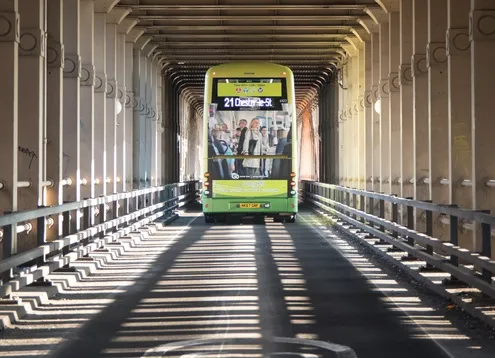The company says the system uses structured rules combined with incident and real-time congestion data to drive traffic strategies that mitigate and minimise impacts caused by traffic accidents or sporting events.
Parsons will work with
Donald Graul, connected communities market leader, says: “Integrating this artificial intelligence solution with Caltrans’ existing advanced transportation management system will allow systematic freeway traffic responses that are in sync with arterial traffic signal operations.”
According to Parsons, Caltrans’ advanced transportation management system is designed to monitor and manage all aspects of the freeway system in California’s Los Angeles and Ventura counties.
Parsons to deploy AI solution to improve I-405 mobility in LA
Parsons is to develop a decision support system using artificial intelligence (AI) to help relieve congested areas along the I-405 Sepulveda Pass corridor in Los Angeles (LA).
The company says the system uses structured rules combined with incident and real-time congestion data to drive traffic strategies that mitigate and minimise impacts caused by traffic accidents or sporting events.
Parsons will work with Caltrans District 7 Traffic Operations and Los Angeles City Department of Transportation to
May 3, 2019
Read time: 2 mins










